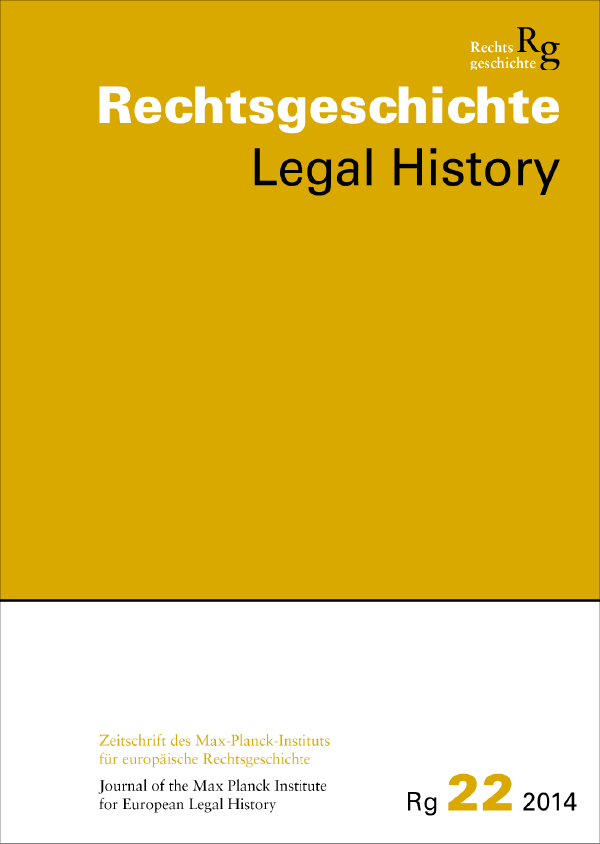Honour and / or /as Passion: Historical trajectories of legal defenses
DOI:
https://doi.org/10.12946/rg22/245-255Abstract
This article provides a historical perspective in a European context on the phenomenon that has become known as honour killings. A cause of outrage and disdain in today’s (Western) societies,the notion of restoring honour through a violent act is, in fact, deeply rooted in European legal and cultural history. By examining French, Anglo-Saxon, German and Italian examples, it is revealed that to varying degrees emotions, and, in some cases honour in particular, were accommodated in legislation as granting the perpetrator extenuating circumstances. Adultery in particular was thought to compromise the honour of husbands, thus entrenching an inherently gendered conception of honour. However, leniency of the law was mostly dependent on ›heat of the moment‹ arguments, attempts to avenge the violation of one’s honour, rather than premeditated, cold-blooded revenge killings restoring the collective honour of the family. By discriminating between notions of individual and collective (family) honour, examples from European history exhibit a qualitative difference compared to modern day honour killings. The full extent of hypocrisy in judging modern day (Muslim) honour killings, however, becomes apparent when considering that gendered concepts of emotions and honour only disappeared from European legal thought after the 1970s, partly following feminist criticism.
Downloads
Published
How to Cite
Issue
Section
License
Copyright (c) 2014 Author

This work is licensed under a Creative Commons Attribution-NonCommercial-NoDerivatives 3.0 Unported License.





